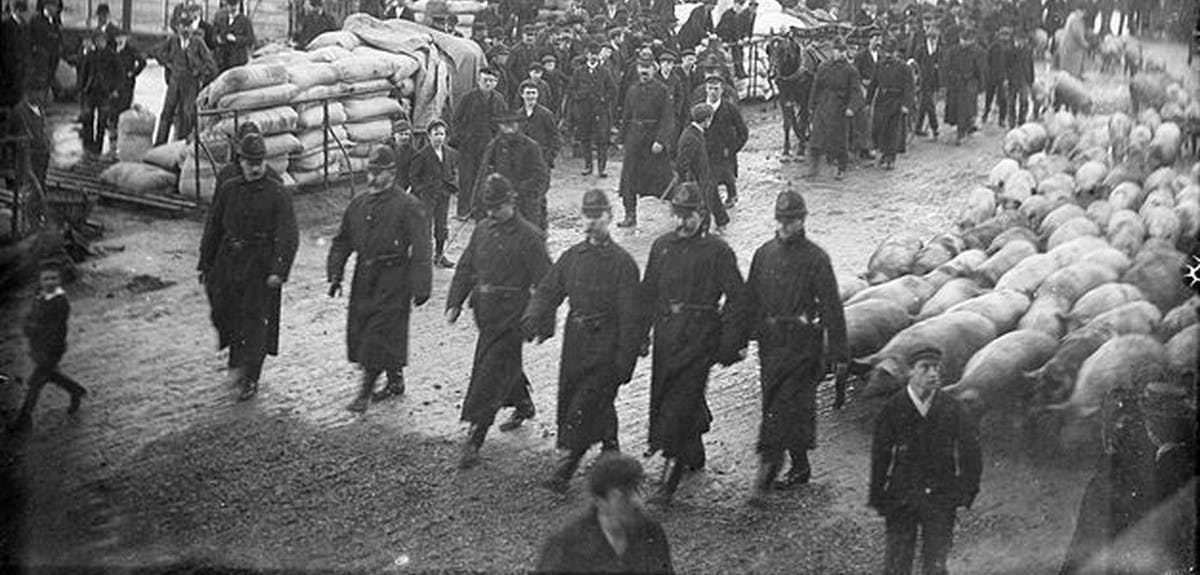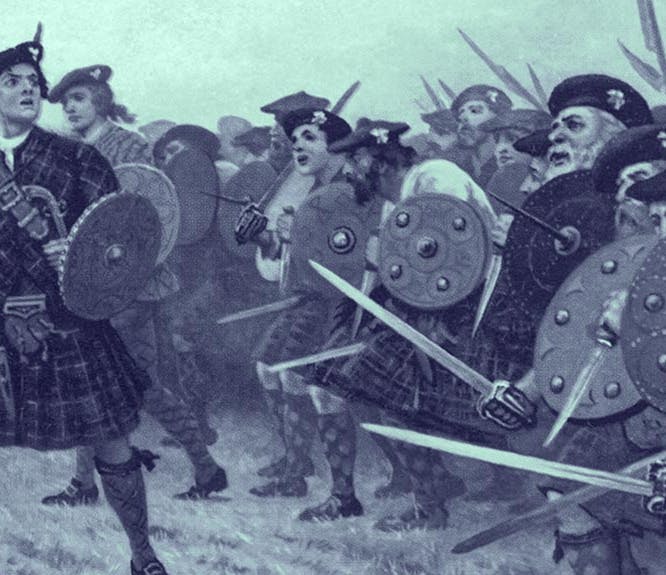Royal Irish Constabulary pensions 1873-1925
1-2 minute read
By Alex Cox | March 17, 2016

Royal Irish Constabulary pensions 1873-1925 contains over 112,000 records. The R.I.C was the armed police force of the United Kingdom in Ireland from the early nineteenth century until 1922. The force was responsible for keeping the peace through the detection and prevention of crime and suppressing rebellions and agrarian disturbances. They enforced laws related to food, drugs and fishery and took over the duties of the Irish Revenue Police, which had previously enforced the laws against whiskey production. In areas that lacked a fire brigade, they were also called upon to stop the spread of fires.
This unique collection comes from The National Archives in Kew and consists of the records for pensions and allowances given to officers, men and staff of the RIC and their widows and children. The collection includes registers of pensions along with registers of deceased pensioners and pensions paid when the RIC was disbanded in August 1922. Many of the records show whether the individual paid into the Constabulary Force Fund. This fund, which was formerly called the Reward Fund, was used to reward RIC members monetarily after acts of achievement and/or bravery. For example, in July 1875, Constable John Daly was awarded £6 for gathering evidence by visiting infected houses and families. The evidence gathered was sufficient to arrest a swindler doctor.
The R.I.C was created in 1836. Between 1916 and 1922, there were 549 casualties within the Royal Irish Constabulary. Of these casualties, 457 were caused by acts of political violence in Ireland. From 1916 to 1922, Ireland was engaged in a War of Independence, which started with the Easter Rising in 1916 and ended with the Anglo-Irish Treaty in 1922. During the War of Independence, many RIC barracks and constables were targeted by militant nationalists.
Related articles recommended for you

Irish family history and minority religions in Ireland
History Hub

Discover duels and exciting new records from the US and Canada
What's New?

Discover everything from parish records to paupers with this release
What's New?

